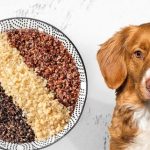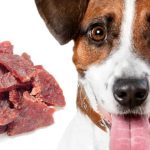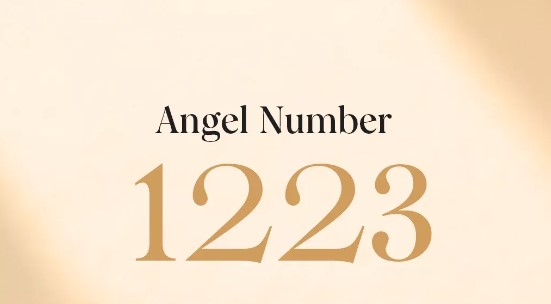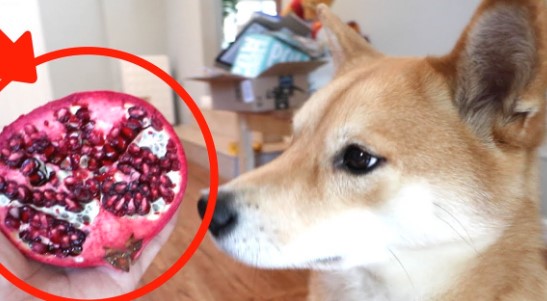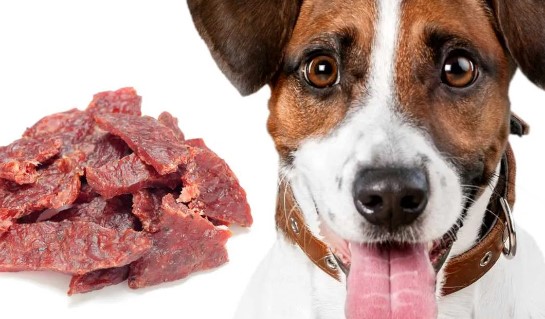When it comes to dog food, many people have concerns about what they should feed their pets. Mustard is one of these exciting topics. Can dogs eat mustard safely, or should they stay away from it altogether?
In this article, we’ll look into the interesting question of whether or not dogs can eat mustard. We’ll look at possible risks, health concerns, and any exceptions to the rule. As responsible pet parents, we need to know the facts about mustard and how it affects our beloved dogs.
Table of Contents
Can dogs eat mustard?
Most of the time, it’s not safe for dogs to eat mustard. Mustard greens can be safe for dogs to eat if they are cooked the right way, but mustard seeds and other mustard goods can be dangerous.

Mustard seeds are hazardous for dogs and can cause stomach problems like puking and diarrhoea if they eat them. Even though dogs might not get sick from small amounts of mustard, it is not a good idea to feed them mustard in any way other than steamed mustard greens.
Can Dogs Benefit From Mustard?
People often think that dogs shouldn’t eat mustard, but cooked mustard greens are safe and suitable for them. Most of the other parts of mustard are harmful and don’t have any nutritional value.
Even though small amounts of mustard might not kill a dog right away, they can still hurt them. So, it’s best not to give your dog mustard. Even if it were safe, there wouldn’t be much good for your dog’s health. To provide you with an idea, a teaspoon of mustard has three calories and 0.2 grams of fat. But that same teaspoon has 57 milligrams of salt and only 0.2 grams of protein and fibre.
Mustard is mostly potassium and lacks other essential nutrients that are important for a dog’s health. It’s smarter to give dogs food that tastes good and meets their nutritional needs. Mustard tastes good, but it needs more of the essential nutrients that dogs need in their food.
Suitable for dogs, mustard greens may be eaten. As with other leafy greens, they are abundant in fibre vitamins and low in calories and fat. A cup of mustard greens has 2 g of dietary fibre, 40 mg of vitamin C, and 144 mcg of vitamin K.
The vegetables provide 15 calories and 0.2 grams of fat. Fibre helps dogs’ guts and may lessen their cancer risk. The body needs vitamins in little doses. As an antioxidant, vitamin C protects dogs with arthritis from free radical damage and reduces inflammation. Vitamin K helps blood coagulate since certain factors may halt it, causing bleeding or death.
Is mustard harmful to dogs?
Yes, Dogs should never eat mustard. This spice has few nutrients and could be bad for dogs. Mustard seeds are especially likely to make dogs sick to their stomachs.
There are a few health benefits to eating mustard. This low-calorie food doesn’t have enough protein or fibre.

Mustard seeds and other items are mixed until they form a paste. A chemical in mustard seeds may make dogs sick to their stomachs and make them sick to their stomachs. When your dog’s body is inflamed, it may feel pain in its stomach, throw up, or have diarrhea.
Even though gastroenteritis doesn’t kill dogs very often, it can cause pain that your dog would rather not have. Veterinarians can use mustard to make dogs throw up if they’ve eaten something wrong.
Most store-bought mustards have pepper, salt, sugar, and garlic powder in addition to the mustard seeds. These ingredients might hurt or kill dogs.
Most dogs have trouble digesting spices. Because of this, they are not suitable for pets. Just like ketchup, mustard is a spice, not a dressing.
If your dog licks some mustard off the floor by accident, it may not hurt them. Small amounts are likely to have fewer side effects. But keep an eye on them and take them to the doctor if they start to feel sick.
What is going to happen if your dog eats some mustard?
What would happen if your dog ate a lot of mustard? In that case, it can cause gastroenteritis, which is an inflammation of the digestive system that can lead to a number of health problems. Usually, symptoms show up a few hours after eating mustard.
It’s important to know that your dog’s breed can also change how they react to mustard. For example, a small breed like a Chihuahua will show signs faster and be affected by less mustard than a large breed like a Saint Bernard.
If your dog has eaten mustard, there are a few signs to watch out for, such as:
- Throwing up
- Too much drooling
- Having diarrhoea
- Pain in the belly
In some cases, the dog may get diarrhoea, inflammation of the gut, or damage to the thyroid. If you see any of these signs after your dog eats mustard, you must see a vet right away.
Care for your pet at home while you wait for medical care. If you can’t get to a vet right away, keep a close eye on your dog’s health. It’s important to remember that smaller dogs can take poisons faster and may need medical help right away.
What to Do If Your Dog Consumes Mustard?
Your first step should be to keep a close eye on your dog, especially if you want to know more about how much mustard he ate. It’s essential to keep a close eye on them because it’s possible that your dog only ate a small amount and will be fine.
If your dog starts showing any of the above signs, you should get in touch with your vet right away. When the body tries to get rid of toxins quickly, vomiting is often the first sign.
Veterinarians may sometimes suggest making dogs throw up, which is called emesis, to clean out the dog’s stomach quickly. If you do make your dog throw up, they will need care afterwards, such as activated charcoal, to get rid of any remaining poisons in the gut.
Dogs can get severely dehydrated, especially if they have a lot of diarrhoea and vomiting. IV fluids can help them heal quickly and get rid of any toxins that are still in their system.
After your dog has been treated, you need to be careful about what they eat. Let their digestive system heal slowly by giving them simple foods and keeping them away from big or hard-to-digest things.
FAQs
What is it about mustard that is bad for dogs?
There are chemicals in mustard, especially in the seeds, that are bad for dogs.
What’s the most mustard a dog can eat?
Even small amounts of mustard can be dangerous for dogs, so it’s best to avoid giving it to them.
What happens if my dog licks mustard?
If your dog eats a little mustard, it won’t damage them right away, but watch them and contact a doctor if they react badly.
Conclusion
In the case of dogs and mustard, it is best to avoid introducing this condiment into their diet. Dogs can get sick from mustard, especially mustard seeds or certain types. Even though small accidental exposures might not hurt your pet right away, it is essential to put your pet’s health first.
Talk to your vet about your dog’s dietary needs and any risks that certain foods, like mustard, might pose. This will help you make a better and safer choice.


